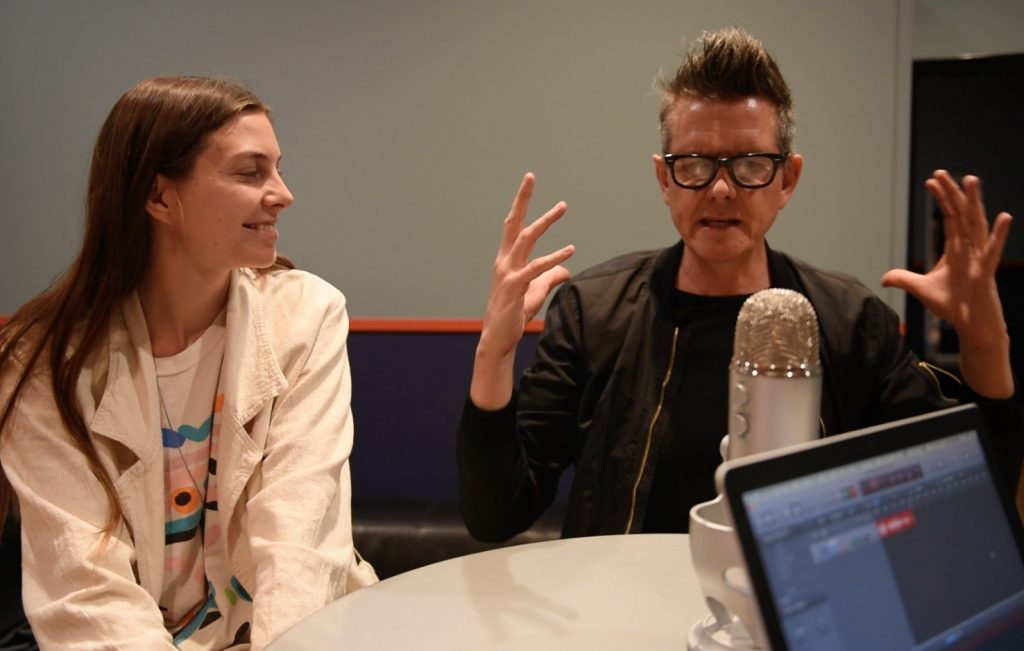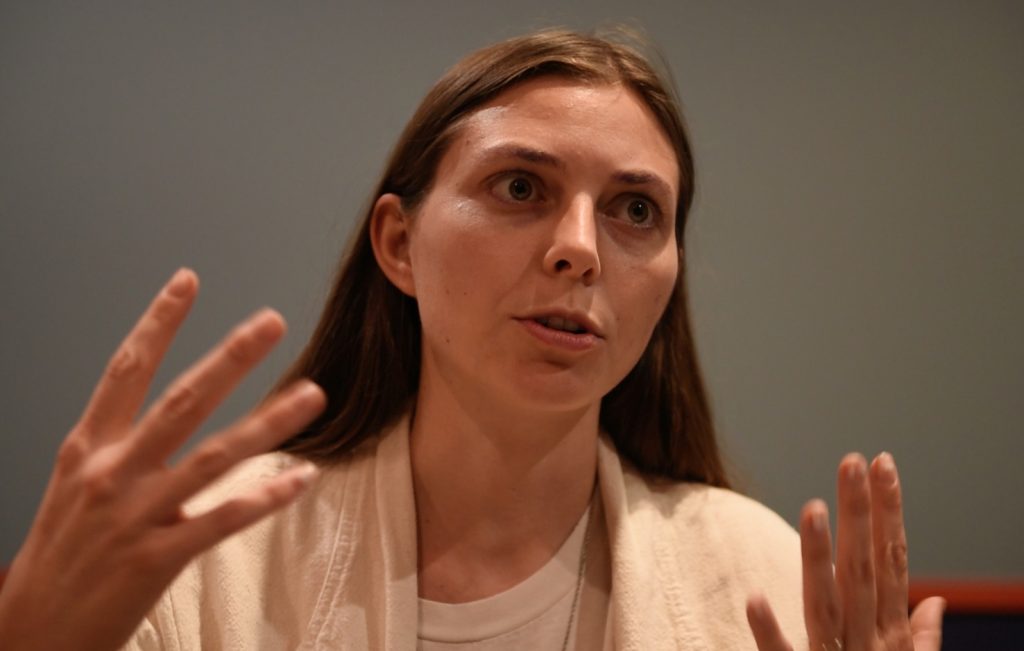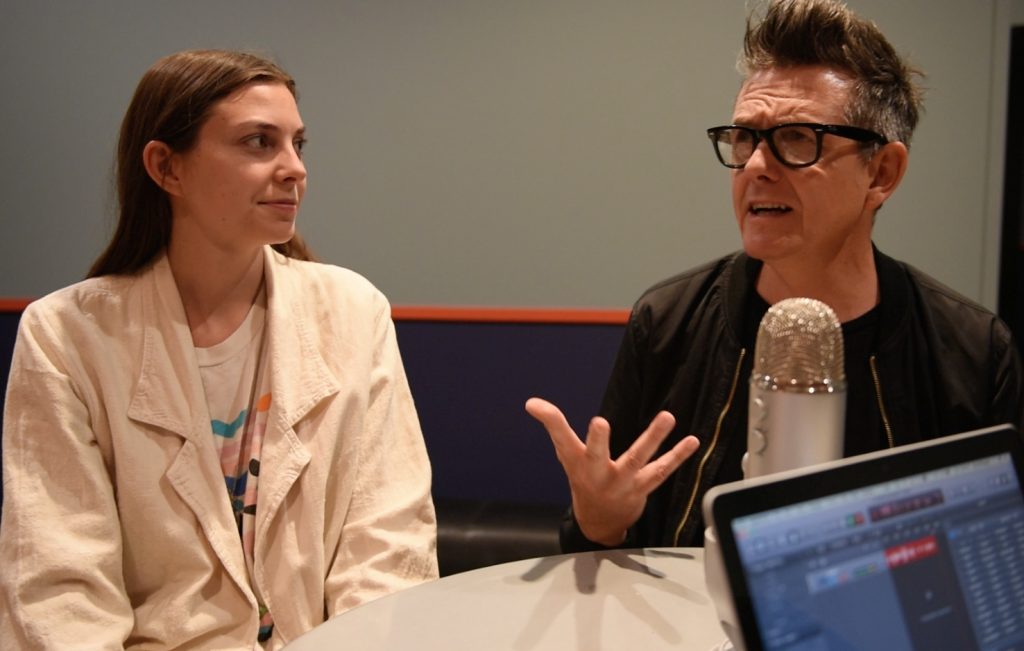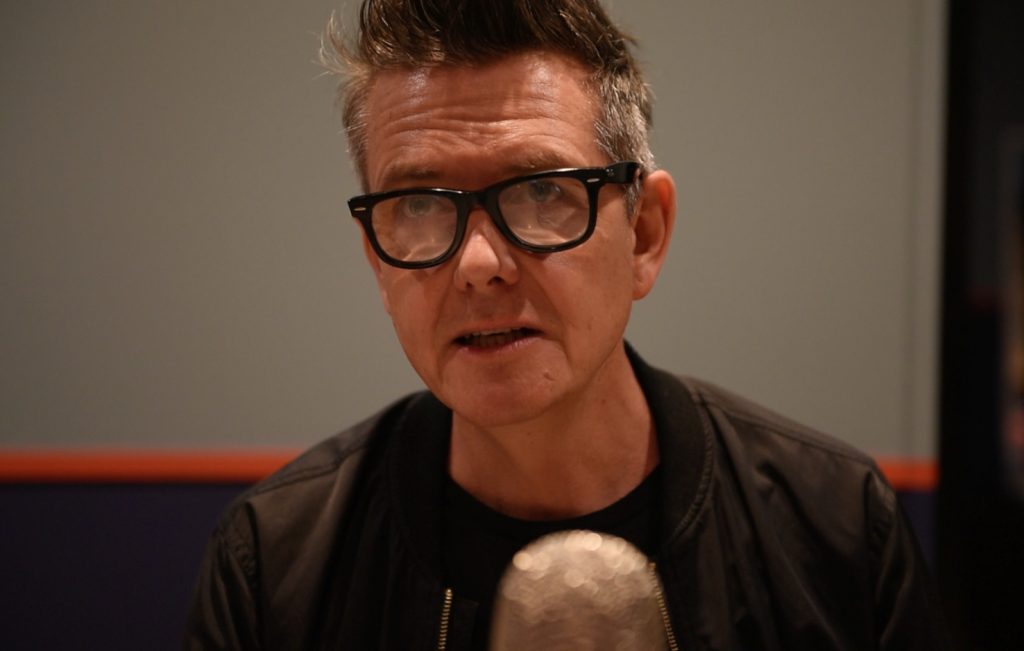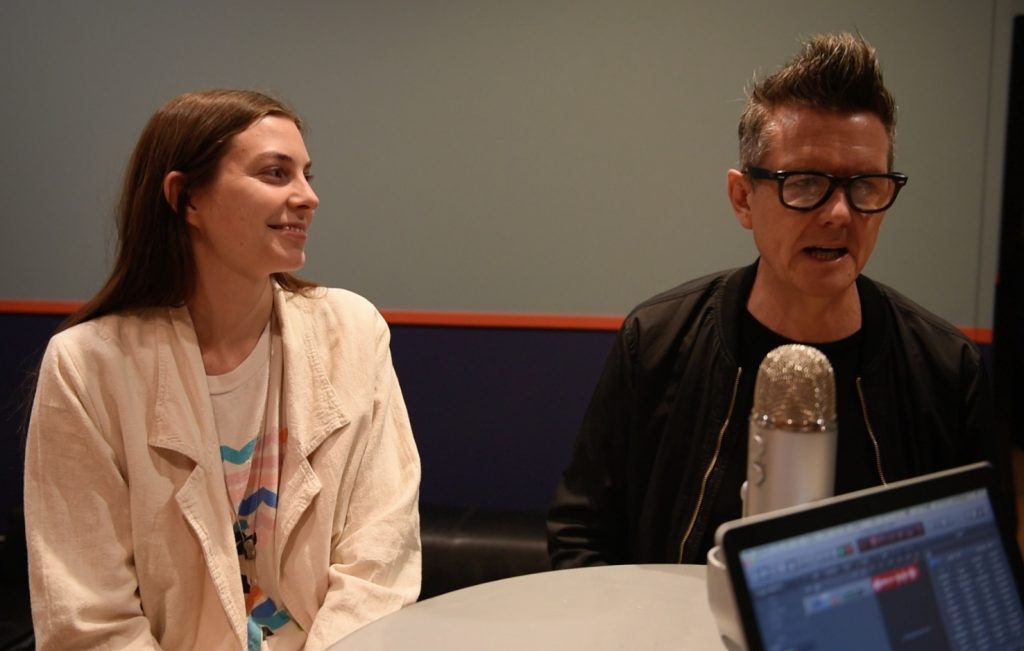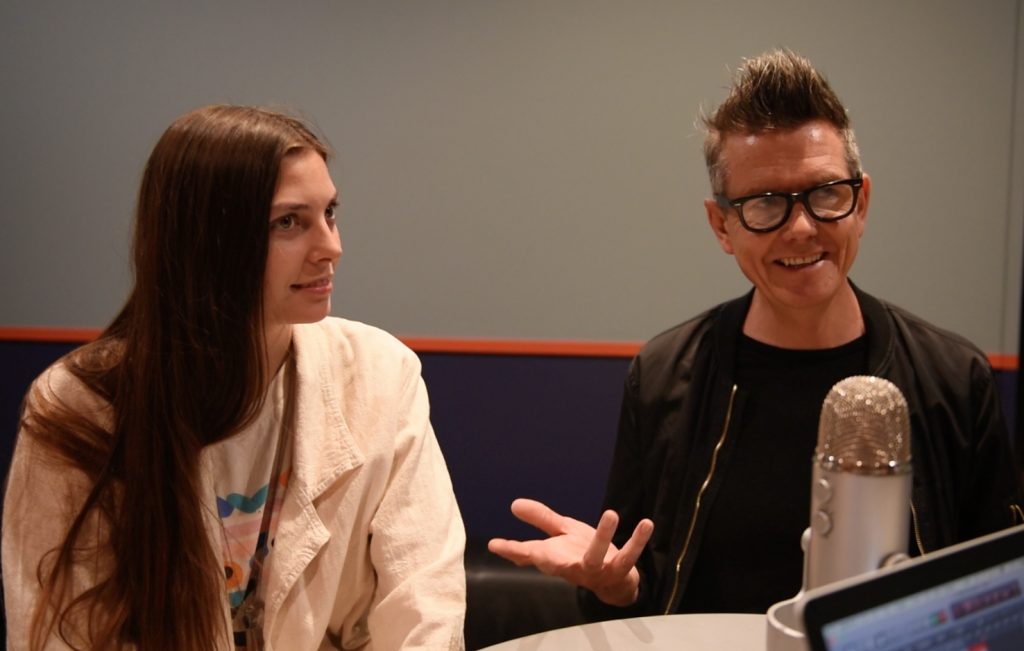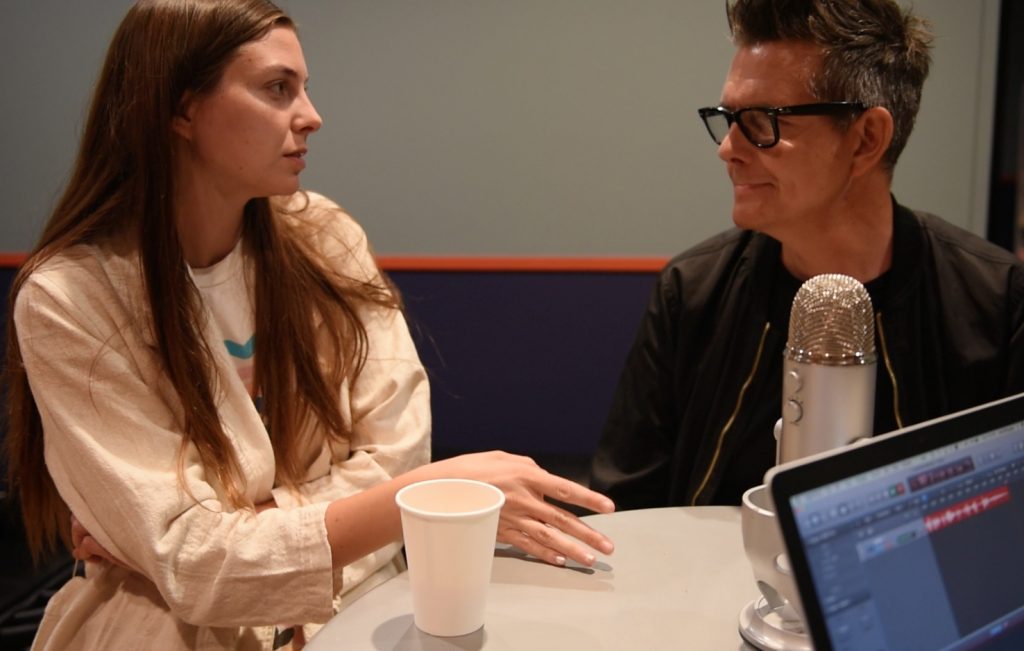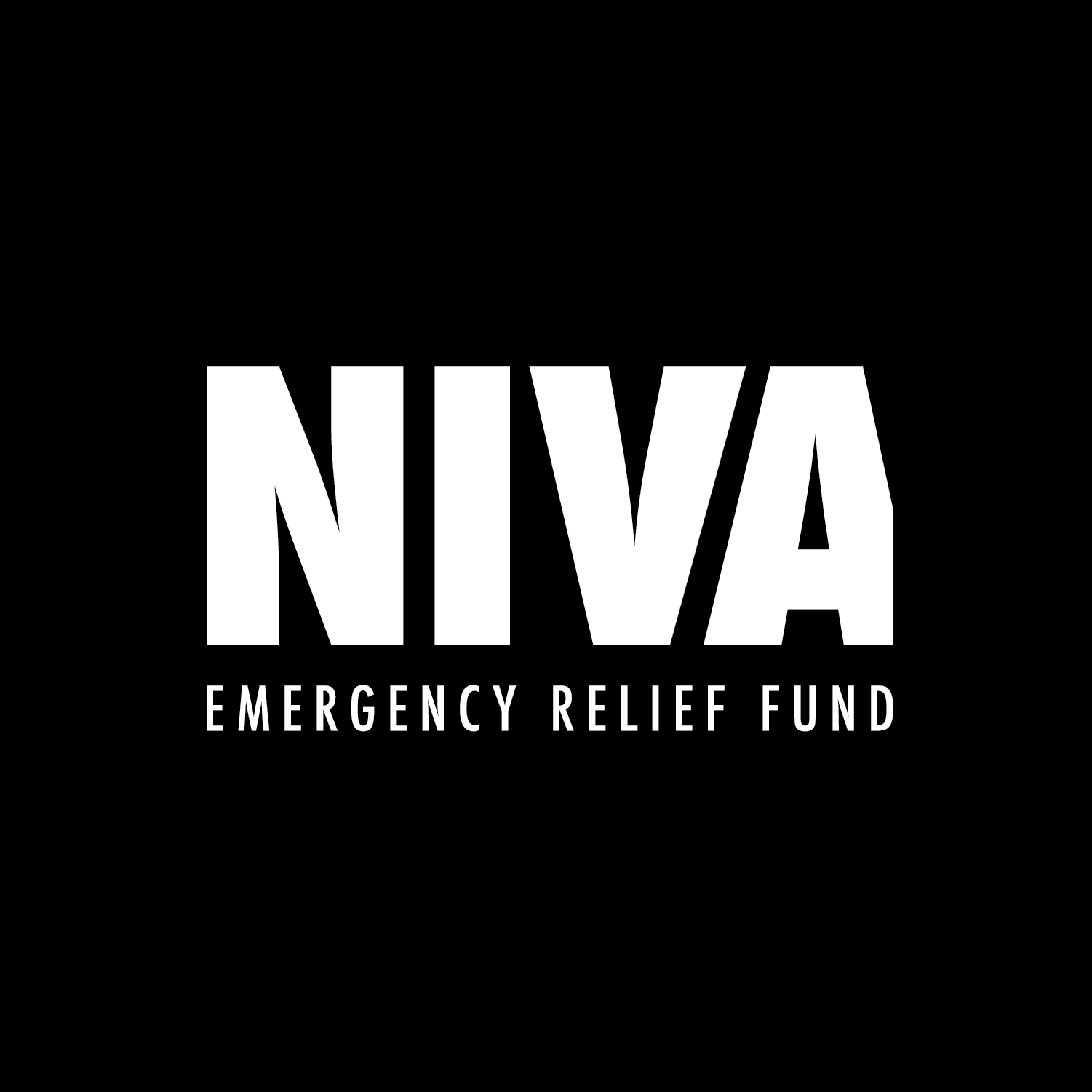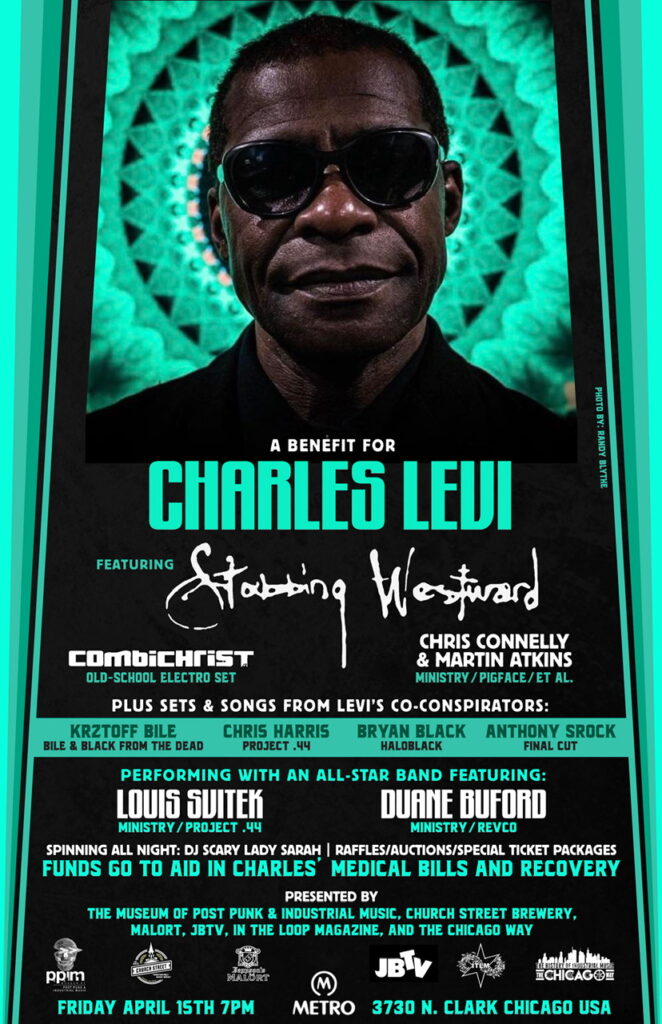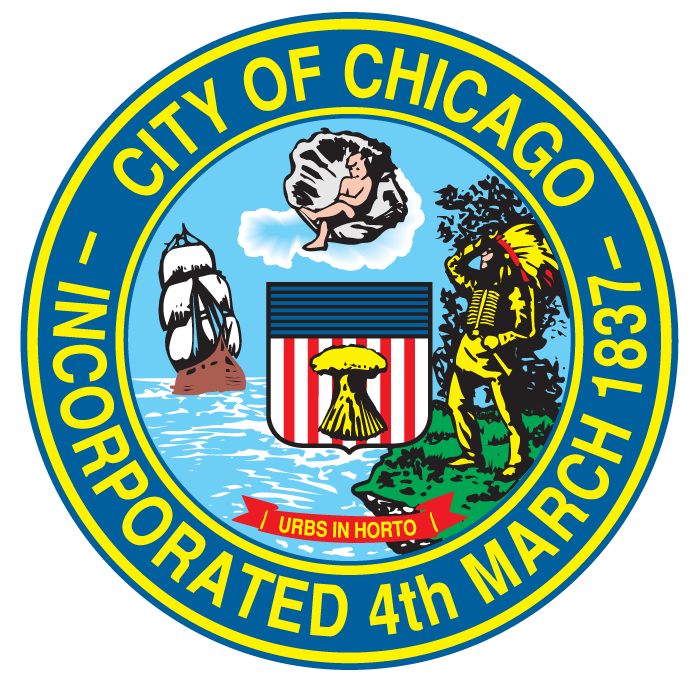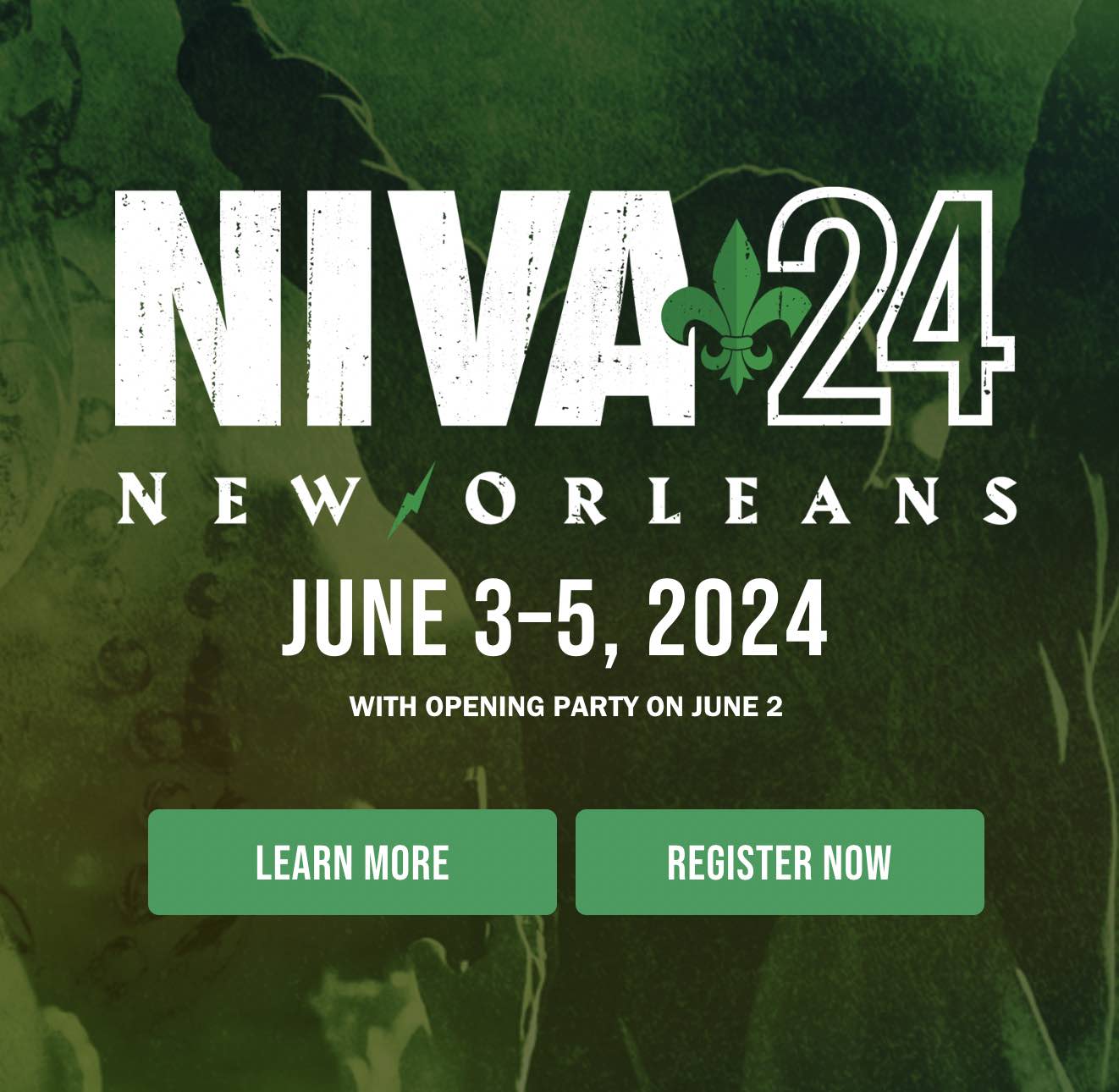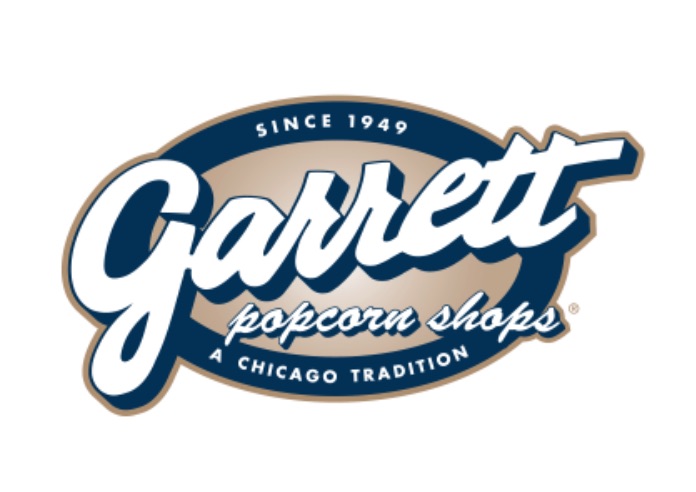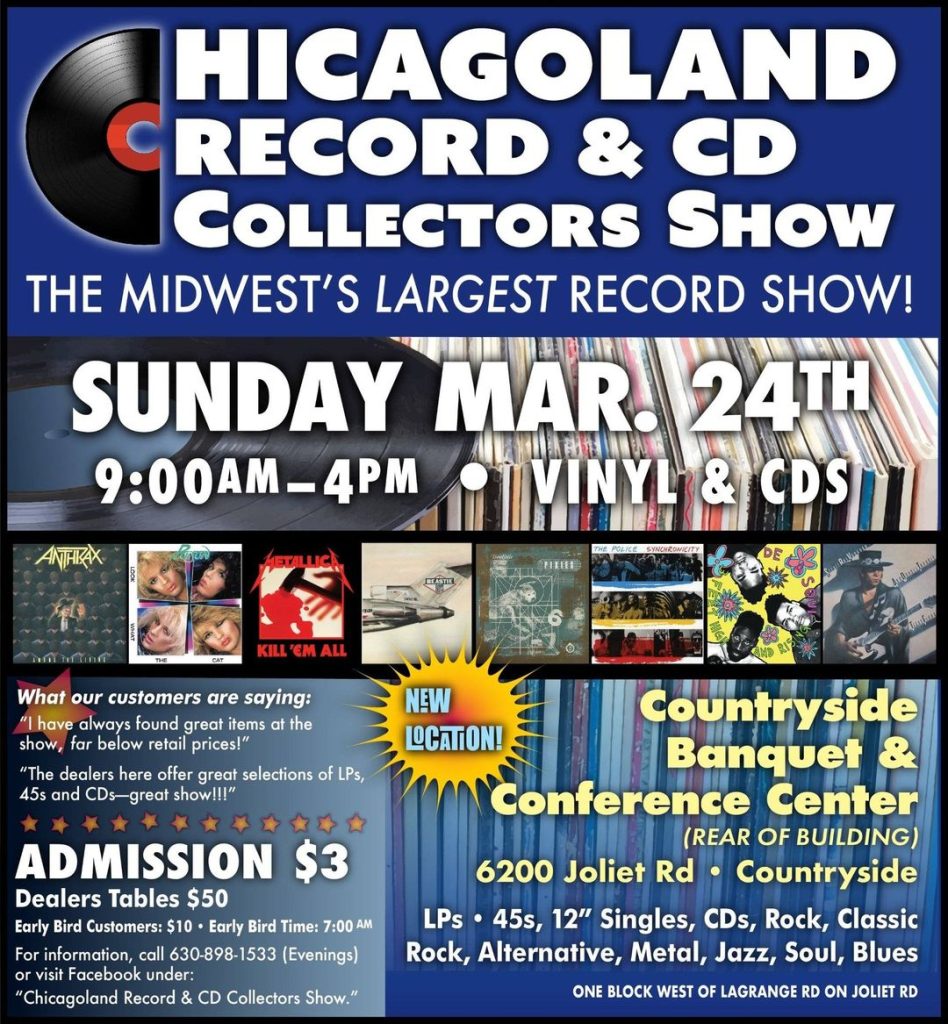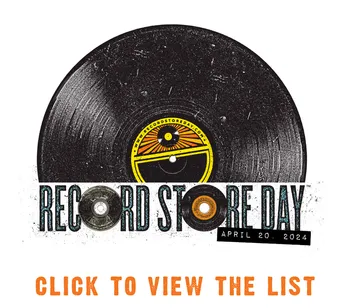Latest News
- Legendary Mask Maker, Zagone Studios, Approaches Fifty-Years Of Innovation Right Here In Chicago
- Photo Gallery: Los Lobos live at Space (Evanston, IL) 2025
- A Swingin’ Sleigh Ride: Squirrel Nut Zippers to Hit the Road for the Holidays With One Night Only Here In Chicago
- Hubbard’s Phenomenal Fall Series Stresses The Urgency Of Human Connection
- Martin Atkins Resurrects A Post-Punk Beast As Killing Joke’s Extremities Roars Back To Life At Reggies For Two Nights
- Photo Gallery: Martin Atkins Presents: Killing Joke Extremities @ Reggies Chicago
Interview: Poptone at Metro Chicago
Jul 19, 2017 James Currie Features, Interviews, Music News, Reviews 0
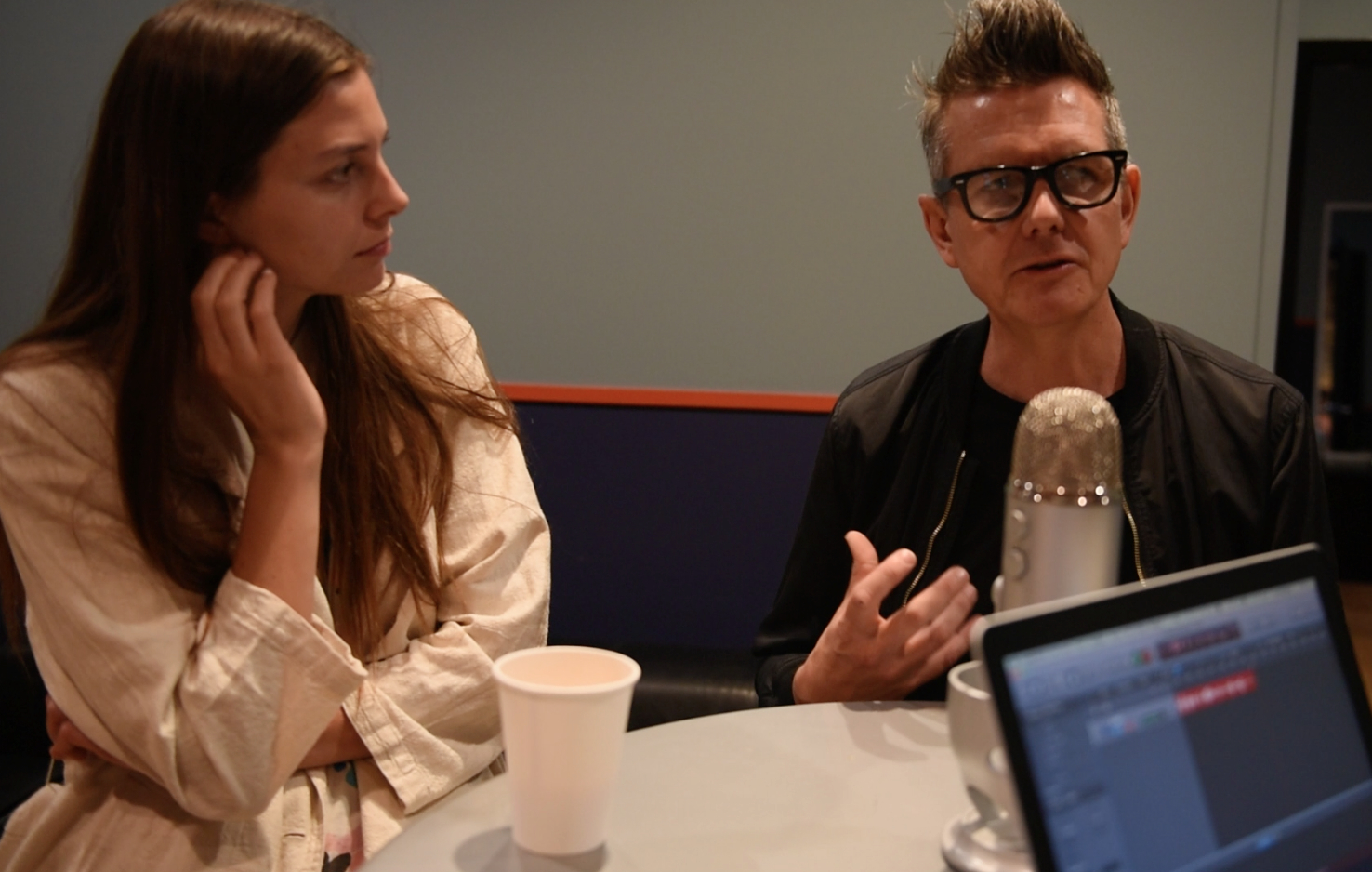
By Tegh Singh Matharu and Kyle Billingsley
(Parts of this interview with Kevin Haskins and Diva Dompe of Poptone were edited for clarity)
Kyle: So what was the process of forming Poptone?
Kevin Haskins: Well Daniel has his story and I have my story. So we would talk once every year for the past several years about maybe touring again and playing music. We would go through all the pros and cons and actually one of the big sticking points was the idea of going on these long tours. We just didn’t want to be away from home and it’s very exhausting. That really was one of the big things that kind of stopped us. But what we’re doing now is just going out for little short bursts like you know three to seven shows and then go home and then have a week and a half off. It makes it really doable and fun. But we would talk about doing it and this time around Danny had this epiphany at four in the morning where he’d been listening to music on headphones on YouTube, he fell asleep and he woke up at 4 in the morning. Motorhead was playing the ace of spades. So I joke it was probably the voice of Lemmy telling him, “Daniel you gotta do this man. C’mon get back on the road.” So that’s kind of what made him do this.
Kyle: I mean you gotta listen to Lemmy. Right?
Tegh: Daniel Ash reached out to you asking for you to tour with him. What were you doing at the time that later helped you to put together this massive tour so quickly?
Haskins: Nothing. That’s what we were doing. We had been DJing together (Haskins and Ash) last year. Not that much, but actually we did New Year’s Eve in LA and afterwards Daniel said “This is so much fun. We have so much fun together we get on really well. He said let’s do this as a tour (as DJs) and this is an element to your first question. I was “Yeah, yeah”. So a few days later…
Diva: The DJ tour?
Haskins: Yeah the DJ Tour so a few days later in January. I thought, “Why don’t we just tour?” So I sent him a text saying, “Hey lets not just DJj let’s play music?” He didn’t respond. But he was sending me pictures of motorbikes a lot and various things. I thought, why didn’t he respond to my questions? I was a bit miffed. Two days or three days later he responded asking, “Who’s going to play bass?” I was like “Oh? So he wants to play.” Then I called him up and then he said, “Yeah, let’s do it.”
Diva: But last year you were really busy on your book but then you finished putting that together and everything.
Kyle: What’s your book called?
Haskins: It’s called Bauhaus Undead and it’s a coffee table book. I’ve worked on it for two years. I’ve tried to release it myself, self-publish, and on pre-orders. I had a lot of people ordering, but I think I got over-ambitious with the size of the thing and I didn’t figure out how much it would cost to mail it out. A lot of really nice people were willing to spend a lot of money to buy this book and have it shipped. In a way I’m glad it didn’t work out because it was too much money. About a month ago, I signed with Cleopatra Records. It’s going to come out in October so I’m pretty excited. It’s smaller 10×13. It’s a nice size. And …
Diva: It’s more financially accessible.
H: Yeah yeah it’s going to be really accessible for people on Amazon. It’s not as expensive. I’m very excited because there’s a lot of material in it that nobody’s ever seen before. That I had in my vault and so I think it’s going to be really good. I had some great artists laid out.
Tegh: Can readers expect to see contributions from other artists, musicians, critics? Maybe vintage material, like early reviews of Bauhaus shows?
Haskins: I reached out to a lot of people to write forewords. A lot of them responded. It’s great. Peter Hook did one. Moby. Maynard. I’m in trouble now because I’m going to miss a load of people. So there’s all these forewords in the beginning and then there’s the drawings we did on tour.
Diva: It’s actually more personal things than reviews.
Haskins: It’s a lot of stuff we did, getting bored on the road. A lot of candid photographs we took backstage. Handwritten lyrics.
Diva: And you(Haskins) accompany them with a lot of stories.
Haskins: Yeah, I wrote about thirty stories, just recollections. I went out of my way to keep it very positive, to celebrate the band. I didn’t want to do any muckraking or anything negative. I just thought back to how we first just started out and actually we played here [in Chicago]. We did two nights here with Bauhaus. On the second night, we said let’s not just play the same set because a lot of the same people were coming. On the radio, we told people to bring their own instruments like drums, whatever they could find. So we did this tribal version of “Antonin Artaud”.
Diva: They let everyone bring their instruments?
Haskins: Yeah. In the middle of the song, there’s a section of the song that lasts for about eight bars which is like “Red fix. Red fix. Dun dunn. Dun dunn” and then goes back into the song. We decided, let’s extend that forever and we played that little section for about fifteen to twenty minutes and it basically set the audience kind of insane. It was very trance-inducing and I always remember that because it was really special and different.
Kyle: Now Diva, you’re Kevin’s daughter correct? I know you have your own solo career as well is this something that you immediately knew you wanted to get on board with and tour?
Diva: Yeah. We talked about it before in the past when it would kind of come up. There was one other person that was also going to play bass for this project. I auditioned five times. We did quite a few rehearsals together and the other person was as doing it as well. In the end, it worked out better for me to do it in the end.
Tegh: How has touring with your father and Daniel affected your own development as a musician and your music?
Diva: It’s been inspiring to be immersed in music so much. I’m 30 years old. I’ve been playing music for a long time now and I’m kind of on my own path stylistically and everything. I’m also a mother. I have a three and a half year old daughter so that’s been really taking over my life for the past three and a half years as well. This is sort of my first big commitment outside of that and that playing a big role in me having time to myself, time as an adult outside of the world of childhood. It creates more space for creativity. I’ve always been inspired by my father’s music and all three bands. He’s always been very supportive of me. It’s always played a role in my creative dreams.
Kyle: So looking forward are you guys planning more tours? Are there any plans to put out anything new?
Diva: Yeah. We have shows but they’re pretty much all confirmed through the end of this year in North American and Canada. Next year, we’re hoping to tour internationally and play festivals. We have talked about making original material. We haven’t had that pocket of time yet. We’re really trying to get this going and getting it to be a really good show. We’ve been rehearsing a lot and I feel like that’s really been paying off. We’ve been getting great responses. But yeah, hopefully we’ll have some time soon now that we’re getting through the beginning of this, going on the road that we can experiment wwith some new material and see how it goes.
Tegh: For your new material, do you want to stick with the Tones on Tail sound or branch off into something new?
Kyle: Well, really, most of the time working with Daniel and within the bands we never really had any plan. We just let it happen. Sometimes we proposed some ideas. Personally, I would steer it in more of a Tones on Tail direction and a more experimental, quirky sound. I would like to go down that path.
Diva: I like how Danny always talks about, how for each band, you honor what comes through with that group of people. How each group creates a different chemistry and you don’t really know what will happen. I think we would really like to pay homage to the sound of Tones on Tail and see how we can make that new. I’m really into sound design and do a lot of production, mostly digital work. It’ll be fun to see how technology-
Haskins: But at the end of the day, it doesn’t really work to use the intellect too much. So I think I have that in the back of my mind, but that’s it.
Diva: We were jamming a little bit one day at his studio a couple months ago and we were just using the Wasp synthesizer, which is the synthesizer that Bauhaus used and still have. I was sampling the weird sounds on it and was building songs on it. It was really effortless and fun doing things like that, using old gear as well as new stuff.
Kyle: I was going to ask about that. Some of the samples you guys have are so interesting and unique, especially with the Tones on Tail albums. Do you guys just play around and come up with your own samples to use? Do you guys just play around or is there a method you guys use?
Haskins: What I remember with Tones on Tail was that I would just sit with a tape recorder and watch films and then sample. Just record. I didn’t have a sampler, I don’t think they were invented yet. I would just record things on films on videotape. I would say, “Here’s something!” and then record it onto a cassette player. Then I would take back into the studio, like on “Twist” a lot of the sounds were done that way, some were other sound effects on vinyl record. Actually I had to recreate the backing track for “Twist” and so I dug through my vinyl and I found the actual record I used back in the day. There’s the “Rah’s” and the seagulls off of the record. I was really happy to find that. I thought, “Great! I have the actual sounds!” So yeah just films.
Kyle: It’s definitely a psychedelic journey through that album. I can listen to the Tones on Tail stuff over and over and every time find something new.
Tegh: I agree with what Kyle is saying. I feel, the Tones on Tail sound hits its apex with “Burning Skies”. I think that track is the linchpin that bridges Bauhaus into Love and Rockets and to a greater degree, the eventual alternative music scene in the nineties. When I first started listening to Rockets, I thought, “This sounds like the Jesus and Mary Chain!”. And to extend that notion of your role in shaping in the direction of music, what do you think of this current resurgence of post-punk and gothic music? What do you make of this sudden popularity?
Haskins: I haven’t really thought about it. I enjoy, I love that period of music and am fond of music. I’m happy to see young contemporary bands embracing it. I think some of them sort of mimic it and with some bands you can tell when it comes through in a very organic way, where they’ve been influenced. I like it for obvious reasons.
Tegh: What role do you see Poptone playing within this current moment in music?
Haskins: I don’t know. I don’t really think about it. It’s really enjoyable to be playing again. The reaction and feedback we’ve been getting really has surprised me. I didn’t think people would be this interested in it for some reason. Last night, we played in Minneapolis and we came on for the encore and everyone had wristbands on for drinks and they were glow-in-the-dark. There was a sea of glowing wristbands and this immense roar. I really felt this love coming from the audience. It was kind of emotional and I was thinking, “Wow! Thank you so much!” It’s very gratifying and lovely to share this music and have it appreciated.
Kyle: How do you feel the crowds differ from nowadays to when you guys first started?
Haskins: Well I debated this with Daniel, and said, “This time around, they seem extra appreciative and there’s an edge to it.” He said, “No no, it’s just like the same back in the day.” But I’m thinking maybe people didn’t expect him to tour again or to hear Tones on Tail live and those songs live. We’re all getting older, maybe all that kind of feeds into it.
Kyle: It was easy to see walking up, the line forming out front. It’s great to see this comeback of all these great bands. It’s definitely something cool to see. Because your music predates my existence and appreciate all your music, I was curious about how different it was.
Tegh: Were there any reservations that you guys might have had about concentrating mostly on Tones on Tail material as opposed to Bauhaus and Love and Rockets?
Haskins: Not really. It kind of happened in an organic way because Daniel kind of put a discipline…
Diva: Restriction?
Haskins: Yeah he only wants to do songs that he wrote and sang on. Specifically, just him singing on them. That narrowed things done quite a lot. So obviously way more Tones on Tail songs. I was kind of quietly happy about it. It’s something that we haven’t done for such a long time, so it’s kind of refreshing and interesting for both of us I think.
Diva: Danny always says that’s his favorite.
Haskins: Yeah he always says that’s his favorite band.
Kyle: Tones on Tail?
Haskins: Yeah.
Kyle: OK
Tegh: So also too, you and Daniel have been playing together for almost 40 years. How much have you guys changed? Do you feel the same? How have you grown as a musician in that span of time?
Haskins: I’m a little bit more assertive as a person. I think Daniel is…
Diva: Pretty much the same right?
Haskins: Not much has changed. Slightly less shy I think. We’ve both kind of come out of our shells a bit.
Kyle: Did it feel pretty natural when you guys came back together and started playing again?
Haskins: Yeah and also when Diva was auditioning with us, it just sounded so natural and easy and right. It was maybe not such a surprise because she has the same DNA. But those basslines, especially Glen’s (Glen Campling – Tones On Tail’s original bassist), have a certain feel and they’re remarkable basslines as well and I always want to give him a shoutout for his input. Really remarkable.
Diva: They’re really unconventional and they really take the lead in a lot songs which is unusual for a bass. I really appreciate all of that.
Haskins: And Diva just kind of nailed the feel a bit, it just felt very natural.
Tegh: Going back to Glen for a minute, have you been in touch with Glen since? In forming this new group, did you get any input from him?
Haskins: Not really, I wrote to him and told him we’re going to do this. Some people have said, ”Why didn’t you ask David (David J – original member of Bauhaus) or Glen?” Like when we started out, I said to Daniel, “What is this?” He said, “Well our agent is calling it a career retrospective.” So that made sense. I felt it makes a lot more sense to have someone that is neutral. I can’t imagine either of them playing evaach other’s parts, especially if I mention David playing Glen’s lines for some reason. Diva’s also brought so much to band in terms of her age, being female brings a whole different element to the band. Her ability to play keyboards and personality all kind of felt that it was all meant to be.
Diva: Help with the “techie” stuff sometimes.
Kyle: If I may ask, where did the name “Poptone” come from?
Diva: I think Danny came up with that from a Public Image song. And the “Tone” references Tones on Tail.
Haskins: There’s a song called Poptones. We had another name that Danny came up with. It was Slice of Life and I didn’t really like it. But I couldn’t think of (a better one). I was racking my brains for a few weeks. He was on his way to the printers to get posters made of our first poster and that was going to be the name (Slice of Life). I was just on the internet and thought, “Oh wait, I should Google it.” So I did and it came up that a member of the punk band Crass, is doing a project called Slice of Life and he was on tour. I was kind of happy. I phoned Daniel and said, “Daniel! I’m sorry we can’t use your name.” He was like, “What?” I told him and he said, “Are you kidding? You’re joking!” So he said, “Well I’ve got an appointment to get all this art done.” I think he called me back ten minutes later and said, “I’ve got it! Poptone! Poptones!”I said “Oh I love it!”. Then he said, “Hold on! Let’s take the ‘S’ off! Poptone!”I was like, “Okay! Great!” It instantly appealed to me. Obviously there’s kind of a tie-in with Tones on Tail and the album Pop. But it has just the right vibe I think.
Diva: Danny is very intuitive with his decision making. It’s not very analytical. It’s just like if he feels it or doesn’t feel it. He’ll just go for it. It’s a big part of his personality.
Tegh: One last question, what advice would you give to other artists who want to be successful making music?
Haskins: I would say just do what you want to do. Don’t try and hand it to anyone or use your intellect. Just please yourself and hopefully other people are going to like it. As soon as you start forcing things or try too hard or try to think, “Will they like this?” It doesn’t work. Anyways, it’s never worked for us.
Diva: It’s a pretty hard climate to be successful in, especially in this industry.
Haskins: You got to really, really love it and really, really want it. We had a struggle for a year or two starting out as Bauhaus. The press hated us and we couldn’t get shows. It was very easy to give up but we were determined to. I think if you have that drive, it’s really important to have that drive, even more so now because I think it’s a lot more difficult. You would think with the internet you have so much more exposure, but there’s so many more people out there getting exposed. Of course, file-sharing is taking a big source of income away.
Diva: I would say rally for universal basic income.
Haskins: We’ve been going through a technology revolution. It’s like the industrial revolution and I think we’re trying to find our way like “How does this work now?”
Kyle: One more question from me as well. Since you guys started in the early eighties, has the technology made it any easier for you guys? Are there some aspects that you miss about how things were when you first started?
Haskins: When we recorded the Bauhaus LP in 2005, Go Away White, I was a bit nervous about us doing that anyway because usually when bands come back together after such a long time and make an album, it’s not usually as good. So I said, well let’s only put this out if it serves a certain standard. But about the technology, I said we’re going to use ProTools and you can edit really easily. Back in the day it was very difficult to edit.
Diva: But you guys did incorporate that into your style. You did a lot of interesting production things.
Haskins: With ProTools?
Diva: No, no. Back in the day. You would cut tape, reverse it, and do interesting production techniques.
Haskins: Yeah, we would turn things backwards. With “Slender Fungus”, there was a loop which is like a “Pow!” Sound effects. So we recorded that and then we put it onto quarter inch tape. This piece of tape [Haskins gets up and walks around the dressing room to show just how long the tape was. It’s really long.] there was like a mic stand here and the tape was wrapped around here. There was another mic stand there [stands at a spot further from the first imaginary mic stand] and then it went to the reel to reel and then it what was like this [stretches arms wide] and that was the loop. That’s how big it was, those two bars. I’d never seen it done before. The engineer told me, this is how we’ve done this. So that was the loop. Then we played it back on the multi-track for ten minutes so we had enough.
Kyle: That song is one of my favorites I’m so glad you told me that. I’ve always wondered what did they do? How did they get all these amazing noises?
Haskins: Actually, I’m going to say it was my idea. I just thought, why don’t’ we do a song that’s just all vocal? I thought it would sound really weird and odd and it did. And Glen he was doing those backing vocals. Everything he did was so right, very musical.
Diva: Wait so I interrupted you but you were talking about using ProTools?
Haskins: Yeah, I said let’s not edit the hell out of it and keep the mistakes in because we always did that and kind of had to. I feel that towards the end of the nineties there was this wave of indie rock that was edited to death, everything was so perfect and all the harmonies. It just didn’t do anything for me. It took out all the soul and life out of it. So that’s something to be aware of when making music. Keep the mistakes in!
————————————————————————————————————————————————-
In setting up the interview, I would like to thank Kevin Haskins and Diva Dompe for graciously allowing me to talk with them about Poptone. I also effusively thank Kyle Billingsley for joining me on this interview. His questions provided a great wealth of information about Poptone, Tones on Tail and Bauhaus. He was a fantastic collaborator and I thank him immensely for his permission to include his material for this interview.
For an audio version of this interview, I urge every reader to check out Kyle Billingsley’s podcast; Harmonic Motion
For more info on Poptone, including touring and new releases, click here
Related Articles
-
 Legendary Mask Maker, Zagone Studios,...
Legendary Mask Maker, Zagone Studios,...Oct 25, 2021 1
-
 Photo Gallery: Los Lobos live at Space...
Photo Gallery: Los Lobos live at Space...Dec 03, 2025 0
-
 A Swingin’ Sleigh Ride: Squirrel Nut...
A Swingin’ Sleigh Ride: Squirrel Nut...Dec 03, 2025 0
-
 Hubbard’s Phenomenal Fall Series...
Hubbard’s Phenomenal Fall Series...Dec 02, 2025 0
-
 Martin Atkins Resurrects A Post-Punk...
Martin Atkins Resurrects A Post-Punk...Dec 01, 2025 2
More in this category
-
 A Swingin’ Sleigh Ride: Squirrel Nut...
A Swingin’ Sleigh Ride: Squirrel Nut...Dec 03, 2025 0
-
 Hubbard’s Phenomenal Fall Series...
Hubbard’s Phenomenal Fall Series...Dec 02, 2025 0
-
 Martin Atkins Resurrects A Post-Punk...
Martin Atkins Resurrects A Post-Punk...Dec 01, 2025 2
-
 Paul McCartney Closes “Got Back”...
Paul McCartney Closes “Got Back”...Nov 26, 2025 0

